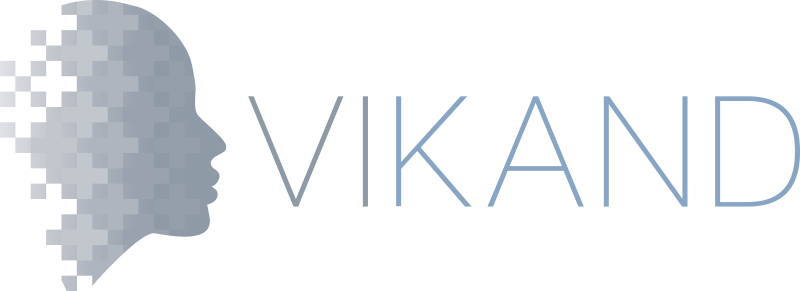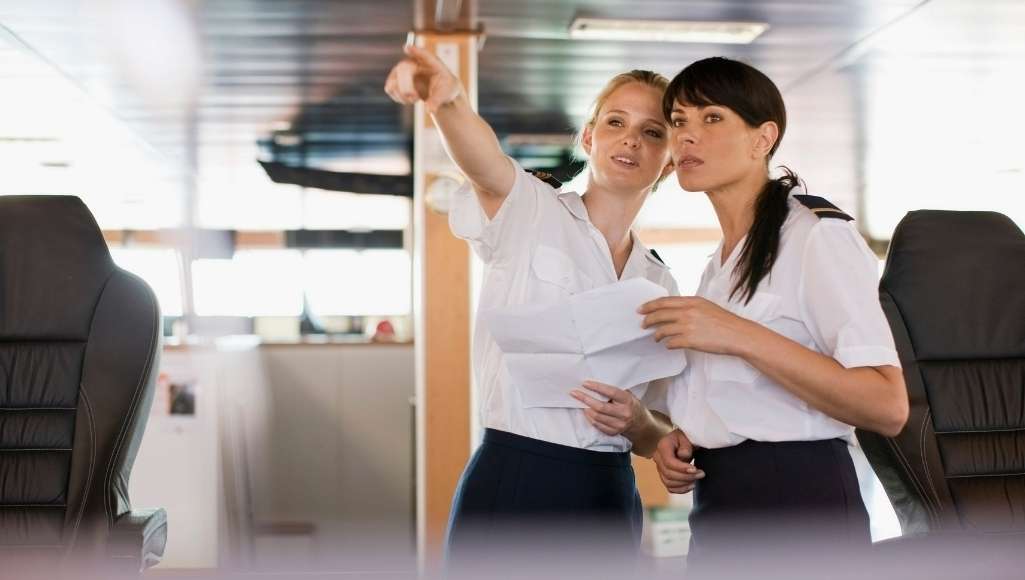
Human Sustainability is a Top Concern for Maritime Businesses
The 2022 Global Maritime Forum Annual Summit
Among the most pressing issues discussed at September’s Global Maritime Forum Annual Summit were supply chain, decarbonisation and human sustainability. This last issue was top-of-mind for Peter Hult, CEO, and Bo Larsen, Sr VP of Commercial Partnerships, as they represented VIKAND at the annual summit in New York City.
As a company, VIKAND believes that human sustainability is critical to keeping the maritime industry healthy for decades to come. We strongly agree with the Global Maritime Forum’s assessment that our industry would grind to a halt without the millions of people powering the entire sector, both shoreside and at sea.
Maritime Labour in a Post-Pandemic World
After COVID-19, it’s become clear that changing demographics, increased global competition, and geopolitical turmoil have fueled a critical shortfall of seafarers and affected the industry’s ability to recruit and retain talent. It also revealed urgent issues with how seafarers are treated by employers, colleagues and governments alike.
Achieving human sustainability in seafaring will require policies and practices that ensure maritime careers will be attractive to the next generation, and that workers can develop the skills needed to safely operate ships of the future. Attracting shoreside workers has also grown more challenging as our industry competes for top talent with high-profile sectors such as finance and tech.
To overcome these challenges, the Global Maritime Forum has declared that maritime companies must become more diverse and inclusive, and must offer attractive jobs and career pathways to a new generation of global talent drawn to purpose over profit.
At VIKAND, we couldn’t agree more, and it’s why we’re actively working to bring visibility to the issue of human sustainability and promote sensible solutions.
How Does VIKAND Champion Human Sustainability?
First, our core business is onboard medical care. Our team members work on the front lines at sea supporting the health and safety of everyone onboard. This firsthand experience with the daily conditions, risks and concerns faced by today’s seafarers has motivated VIKAND to take a leadership role in championing the industry-wide reforms needed to create true human sustainability.
One key dimension of human sustainability is Diversity, Equity and Inclusion (DEI). The most prominent DEI initiative at sea is the All Aboard Alliance, of which VIKAND is a proud member. The All Aboard Alliance was established to promote and foster DEI across all maritime businesses, both at sea and on shore.
The Seafarer Human Sustainability Declaration
In 2022, VIKAND also chartered the Seafarer Human Sustainability Declaration. This innovative policy platform advocates for a culturally and strategically sustainable set of conditions focused on the totality of the seafarer experience. To achieve human sustainability in the global maritime industry, we believe stakeholders must unite around best practices for both workers at sea and their loved ones ashore.
The Declaration’s articles outline practical steps for achieving human sustainability, including seafarer access to education, nutrition, healthcare, insurance, mental health support, personal safety and economic security, as well as freedom from abuse and harassment. Signatories to this declaration pledge their commitment to making incremental improvements in diversity, equity, inclusion, and a culture of care for seafarers and their families at home.
Key Takeaways from the Annual Summit
CEO Peter Hult left the Global Maritime Forum Annual Summit with a clear vision of steps our industry must take to achieve better human sustainability.
First, to attract and retain the talent needed for a thriving maritime industry, companies must start to prioritise the employee experience. It’s no longer just wages; people’s expectations of work now include a sense of purpose, meaning, belonging and shared values. And finally, nurturing a strong company culture means creating a safe, welcoming and supportive environment for all employees.
Ultimately, the goal is to create a more sustainable industry. To keep maritime businesses healthy, companies must adopt a more caring vision of what it means to employ humans in demanding, difficult jobs, and realise that change and progress are needed to make these jobs more attractive as long-term careers.


